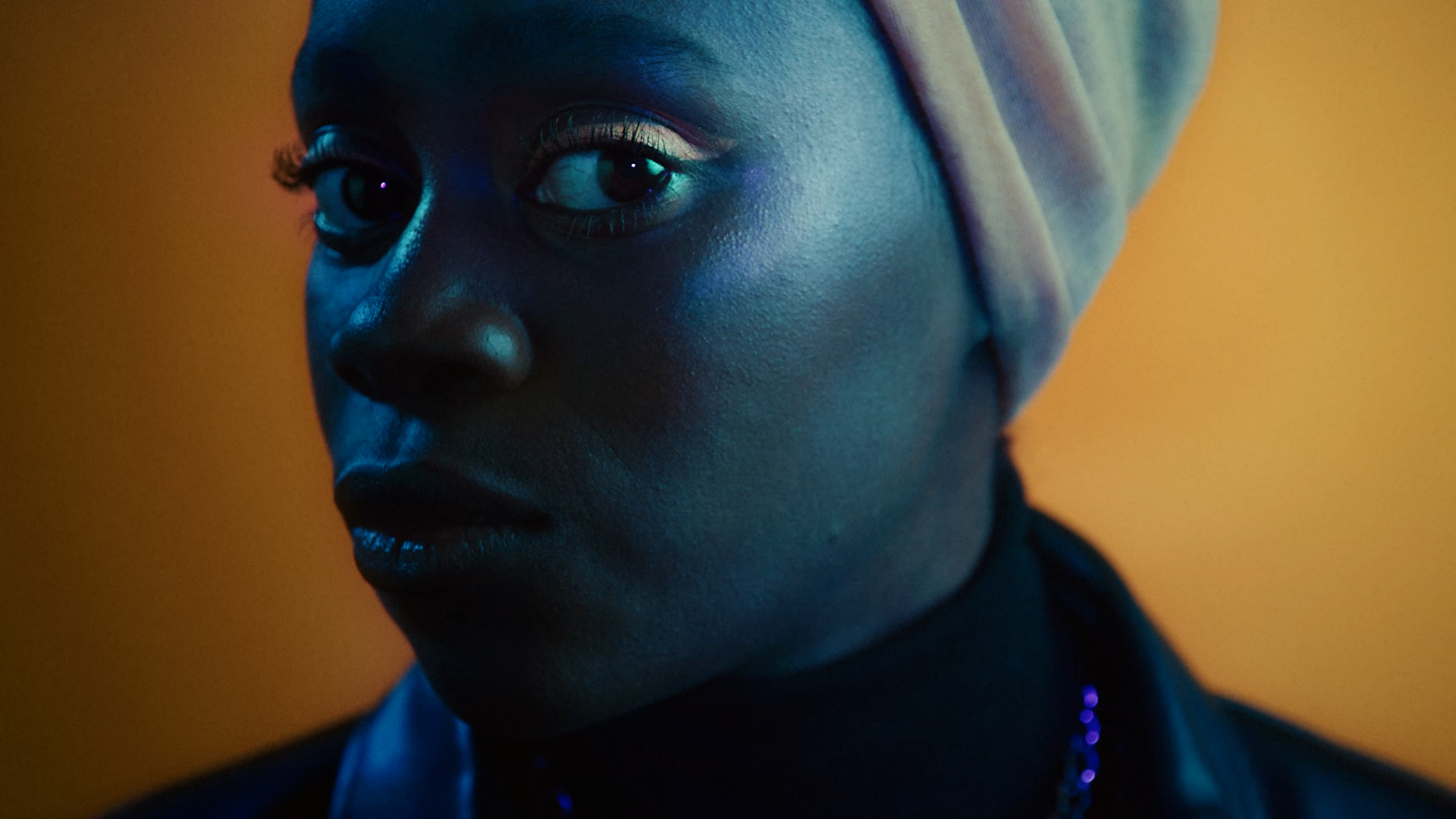A new
copyright
for the
human body

Your body,
your bodyright
The Internet can be a hateful, hostile place, particularly for women, girls, racial and ethnic minorities, LGBTQ+ and other marginalized communities who are more likely to have their images abused online.
Such sexualized abuse includes non-consensual sharing of intimate images (also known as “revenge porn,” an objectionable term that suggests a survivor deserved retribution or consented to making pornography), deepfakes (manipulation of imagery using machine learning/AI) and upskirting (taking non-consensual images up a skirt or dress.)
All are forms of digital violence, which is prevalent, repetitive, perpetual and pervasive. The consequences of these violations of a person's privacy, dignity, autonomy and rights are devastating.
Make no mistake: Even when such violence is perpetrated in the virtual world, the fear, anxiety, loss of self-esteem and sense of powerlessness are very real and enduring.
Online misogyny and violence is a widespread human rights violation, yet tech companies and policymakers place greater value and protections on copyright than on the rights of human beings online.
Those who infringe copyright face legal penalties and swift removal of content by digital platforms, while survivors of online violence face barriers and have few legal rights.
This is why UNFPA is launching bodyright, a brand new “copyright” for the human body. It demands that images of our bodies are given the same respect and protection online as copyright gives to music, film and even corporate logos.
Claim your bodyright...and let’s end online violence.
Read More
Demand change
Online violence is a human rights violation. We call on policymakers, tech companies and social media platforms to take image-based abuse, the devaluation of human beings and online misogyny as seriously as they take copyright infringement. Sign the petition and be part of the movement to end digital violence.
Sign the petition nowbodyright your images
Join the movement. Add the bodyright symbol when sharing your images online.
Place the “b” symbol on skin in your images.

Step 1: Upload image
Upload a photo you wish to bodyright
Or

How to use bodyright on Instagram stories
There are three “b” stickers available on Instagram stories to use:
- In your stickers tool, search for 'bodyright', pick the colours you want to add to your stories.
- You can also add one of the suggested headlines, ideally in white letters against an orange highlight.
- Take and post a screenshot of your story to amplify #bodyright in your feed.

Download bodyright symbols
Want to use your own photo-editing tool? Download the bodyright symbol and position the “b” on a section of skin. Use a colour that ensures the logo is visible and add an optional tag line.
Download bodyright taglines
#bodyright gallery
Perpetrators have weaponized technology and women’s sexuality against survivors. The message to women whose images have been abused online is: You don’t own your bodies online.
We’re saying you should. Humiliating and degrading bodies against someone’s will in cyberspace is an act of violence that must end. Join others who, in claiming their bodyright, stand for a world – virtual, real – where women and girls live free. Because when it comes to digital violence, the virtual is real.
FAQs

16 Days of Activism against Gender-Based Violence is an annual, international campaign, which runs from 25 November, the International Day for the Elimination of Violence against Women, until 10 December, Human Rights Day. Throughout these 16 days and beyond, UNFPA invites everyone to claim their bodyright.
Experience the interactive